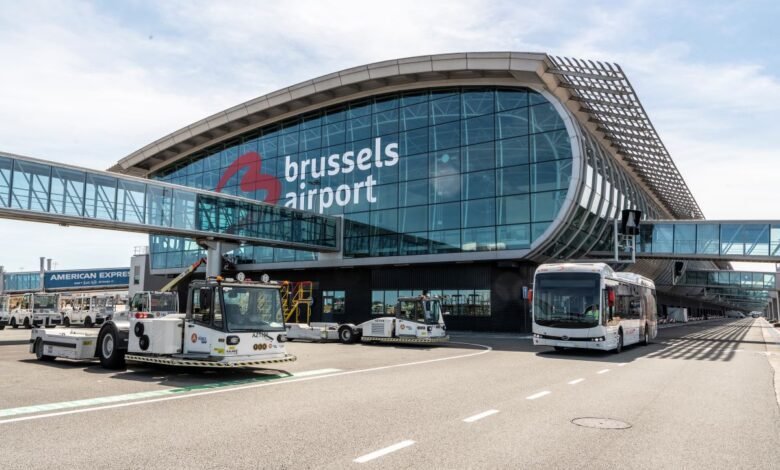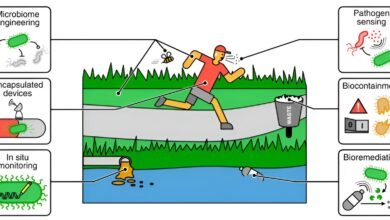Brussels Airport will implement IES digital twin technology

IES has developed a digital twin for Brussels Airport, to demonstrate the potential of airport buildings to achieve net zero emissions by 2030 instead of 2050.
Sustainable digital twin
IES created a digital replica of the 40 most energy-intensive buildings at Brussels Airport before modeling scenarios such as installing solar photovoltaic chargers and EV chargers and electrified heating to find the most effective routes to net-zero carbon emissions by 2030 for the airport.
Through modeling phases, IES simulated Brussels Airport’s plan to reduce emissions in its buildings with several energy-saving measures, including replacing gas boilers with heat pumps and installing on-site solar photovoltaics. . IES was able to verify the potential of up to 63% COtwo savings compared to the base year of 2019, with modeling demonstrating that the plan is a robust path to decarbonization. Brussels Airport is now implementing more zero-carbon energy solutions over the next six years. It is also committed to investing in additional renewable energy sources, such as solar and wind power, to be less dependent on external energy suppliers, meaning the airport could be carbon-free by the end of this decade.
EU-funded Stargate Initiative
The project is being implemented as part of the major EU-funded Stargate initiative, which received a €24.8 million ($26.5 million) grant from the European Green Deal to develop concrete solutions to improve airport sustainability and aviation. Brussels Airport is taking a leading role in the Stargate project, which is being implemented together with a consortium of 21 partners, including Athens, Budapest and Toulouse airports, who are also collaborating with IES to develop digital twins to support your decarbonization goals.
According to the partners, the collaboration with Brussels Airport through Stargate will be one of the first examples of digital twins deployed for large-scale decarbonization modeling at an airport – as opposed to their traditional use in experiments to optimize business operations.
Giulia Barbano, R&D operations manager at IES, said: “To achieve net zero emissions, we must adopt a holistic approach and, in this specific industry, decarbonizing buildings can help us make a positive intervention.
“Airports operate in a vast space, require large amounts of energy and experience complex energy interactions. Making any operational change is no easy task and such decisions must be supported by evidence, and this is where digital twin technology can be a game changer. Before implementing comprehensive, zero-carbon solutions, airports must first test their effects on energy, costs and carbon savings – both before installation and during real-time operation.
“This project is a world first and demonstrates the effectiveness of digital twin technology in determining the future of complex locations such as airports. We are proud to be a partner in this cutting-edge initiative and to work with the excellent team at Brussels Airport to make a long-term positive impact.”
Christel Vandenhouten, head of sustainable development at Brussels Airport, said: “The biggest challenge we face today is achieving net zero emissions. Airports can play an important role in achieving this goal. According to data from the IEA, the aviation industry was responsible for 2% of global COtwo emissions in 2022, and these numbers need to be controlled as the sector returns to pre-pandemic levels.
“By implementing zero-carbon solutions in our airport buildings, there are promising opportunities to make a positive impact on reducing our scope 1 and 2 emissions. While there is still much work to do, digital twin technology can help us simulate the impact of various net zero solutions, so that we can confidently move forward towards achieving the ambitious goals we have set.
“EU funding has been key, as has the 30% contribution from Stargate partners as co-financing. With more than 30 projects under the Stargate umbrella, it is an investment that promotes cross-border collaboration, tackling the challenges of sustainable aviation on a global basis.”
In related news, zeroG and Brussels Airlines recently organized a two-day hackathon titled “Unlock the Power of Data” in Brussels to unlock the potential of data and artificial intelligence (AI) in the aviation industry. Click here to read the full story.


